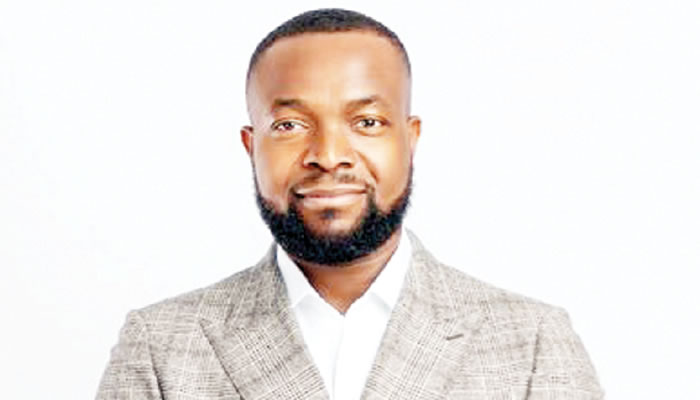FG to Invest N12bn in Digital Economy Research, Sets Up AI and Connectivity Clusters — Minister
The Federal Government has announced plans to invest N12 billion in digital economy research projects aimed at positioning Nigeria to benefit fully from digital transformation opportunities.
The Minister of Communications and Digital Economy, Dr Bosun Tijani, made this known on Tuesday at the opening ceremony of the 18th International Conference on Theory and Practices of Electronic Governance (ICEGOV) held in Abuja.
The four-day conference, themed “Shaping the Future of Digital Governance Through Cooperation, Innovation and Inclusion,” was organised by the National Information Technology Development Agency (NITDA).
Tijani said platforms like ICEGOV provide opportunities for nations to explore emerging technologies while balancing innovation with appropriate policies that affect society.
He noted that Nigeria’s active participation in ICEGOV 2024 had underscored the importance of research in the digital economy, earning the country the confidence of global partners to host the 2025 edition of the conference.
“The Nigerian government is not just doing this as a show because immediately after ICEGOV last year, we funded over 55 research projects.
At the minute, we are putting together about N12 billion to fund further research projects that are focused on the digital economy,” Tijani said.
According to the minister, the government is establishing three research clusters of six universities each — focusing on Artificial Intelligence (AI), connectivity, and digital skills and literacy.
“We are setting up three research clusters of six universities, each one focused on artificial intelligence, another focus on the biggest issue in our nation today, which is connectivity, where we are investing significantly.
Thirdly, because of our population, we are also funding another research cluster that is focused on digital skills and literacy,” he added.
Tijani stressed that digital technologies now form the core of human activity, noting that societies without such integration risk underdevelopment.
“It is important that these technologies are no longer just seen as economic tools, but as tools to reshape society and govern society as well,” he said.
Chair of the ICEGOV Steering Committee, Ms Elsa Estevez, reflected on the conference theme, saying that Artificial Intelligence and its associated risks demand global cooperation across governments and entities.
“In the past years, we were profoundly affected by digitally driven innovations, and we often adapt them without much reflection, and such innovations dramatically change the way we interact, socially, work, build and complement our capacities,” she said.
Estevez emphasized that technological advancement must remain human-centered and inclusive.
“We need to ensure that innovations are not just technological, but human-centered and contributing to better societies.
For inclusion, governments need to listen and moderate discussions about public affairs, shape political agendas to respond to uncovered needs, and secure the digital space against fake speech, fake news and political manipulation,” she stated.
She further noted that securing the public digital space requires regulation, education, and awareness, grounded in sound information ethics.
Also speaking, the Director-General of NITDA, Malam Kashifu Inuwa, revealed that the Federal Government plans to integrate digital literacy and skills into the school curriculum by 2026.
“In Africa, we have a very young population, our citizens are digitally native and they are all online, therefore governments need to meet them where they are,” Inuwa said.
He explained that the initiative aligns with the ministry’s digital literacy framework developed in collaboration with the Ministry of Education.
“As of today, we have the approval in collaboration with the Ministry of Education and directive of the President that by next year, we should have digital literacy and skills integrated into our formal education,” he said.
Inuwa added that efforts were also underway to ensure public servants acquire digital skills for improved service delivery across government institutions.


